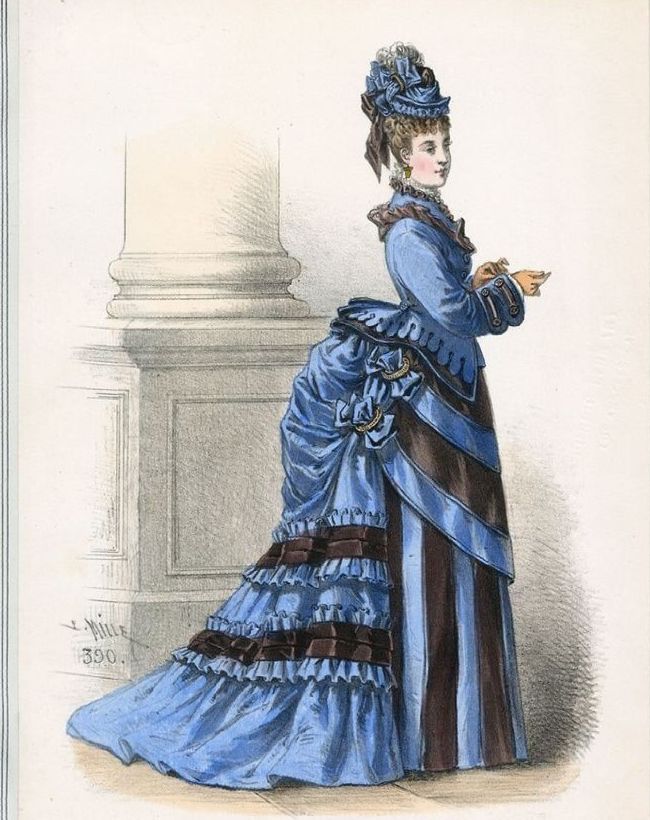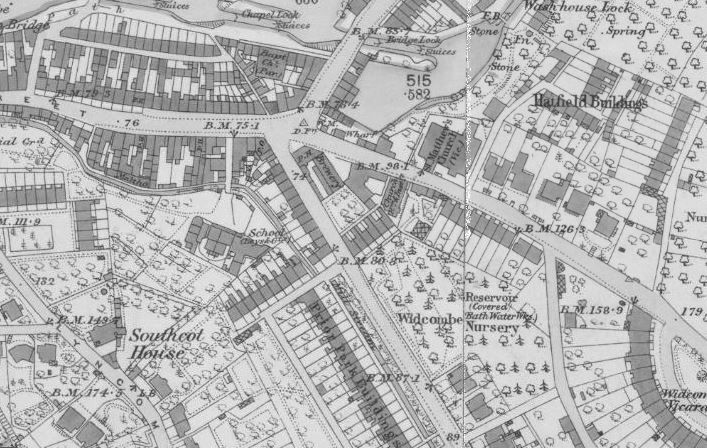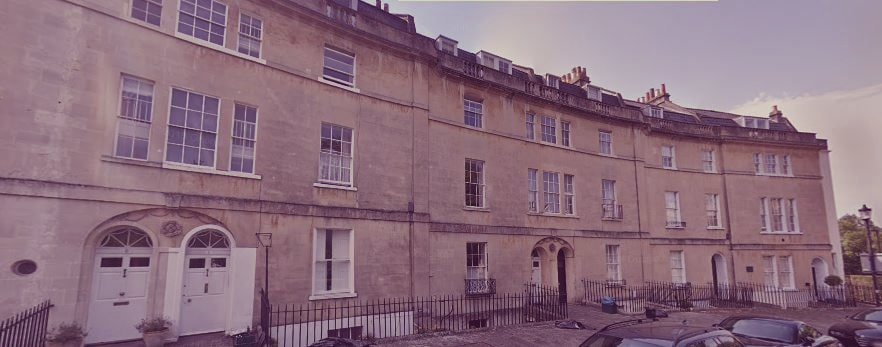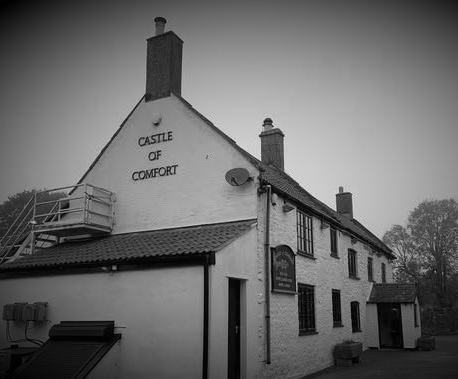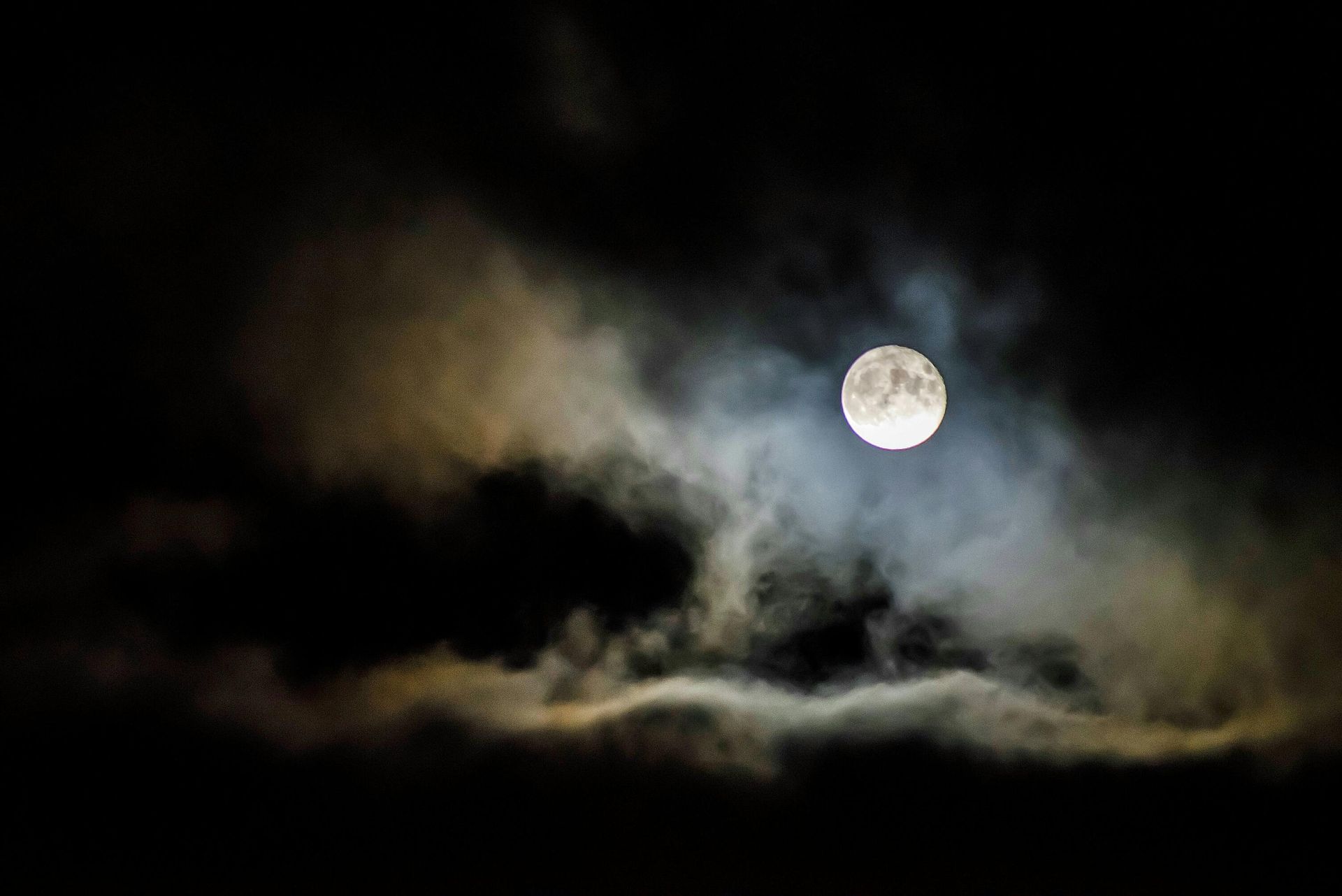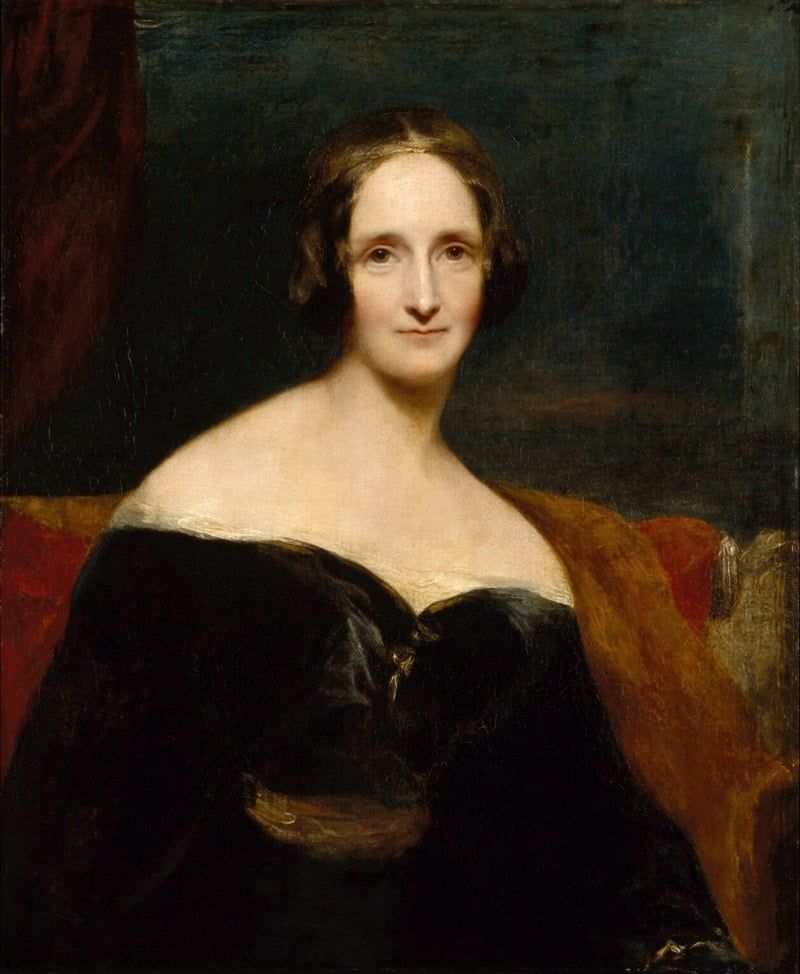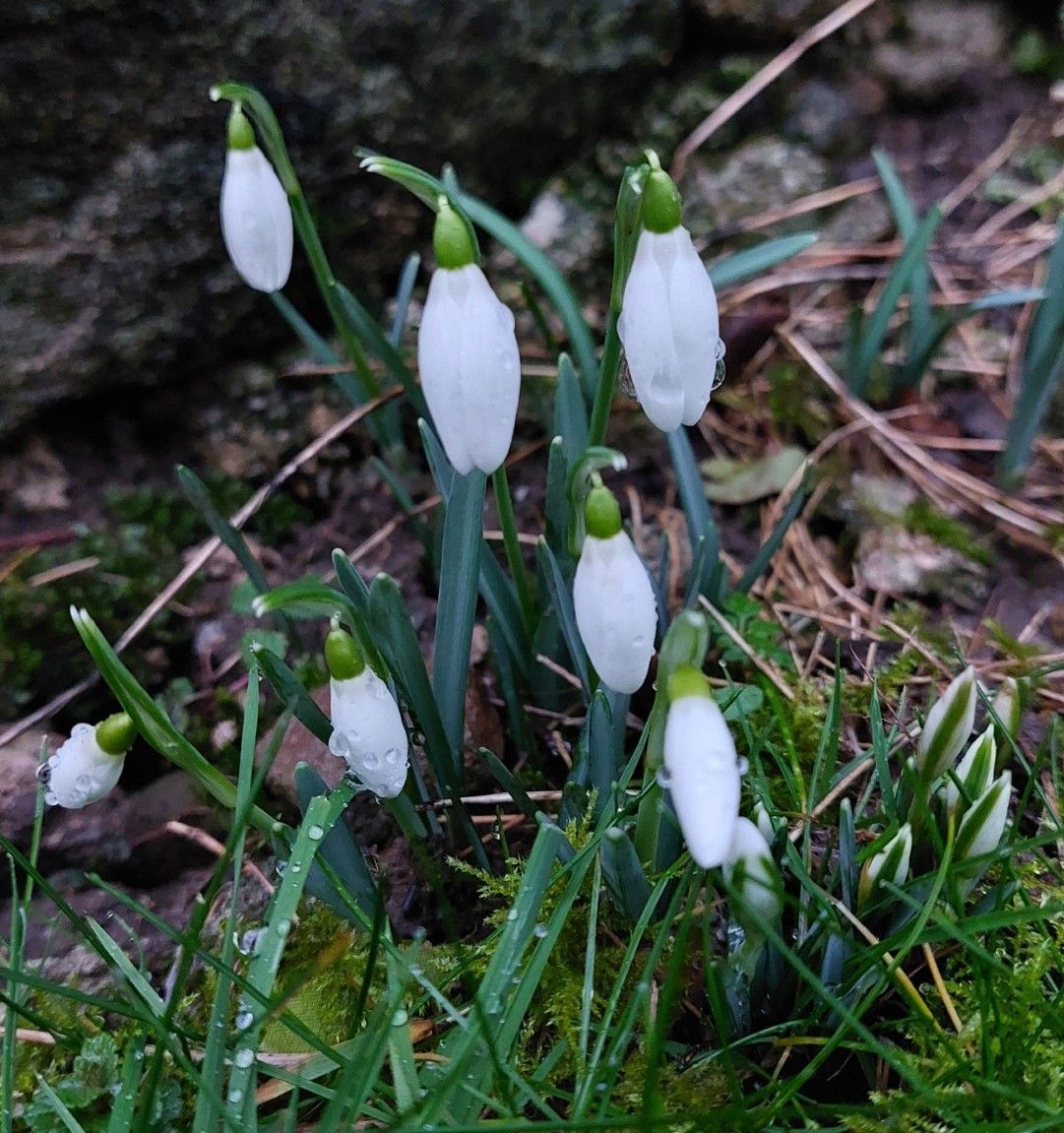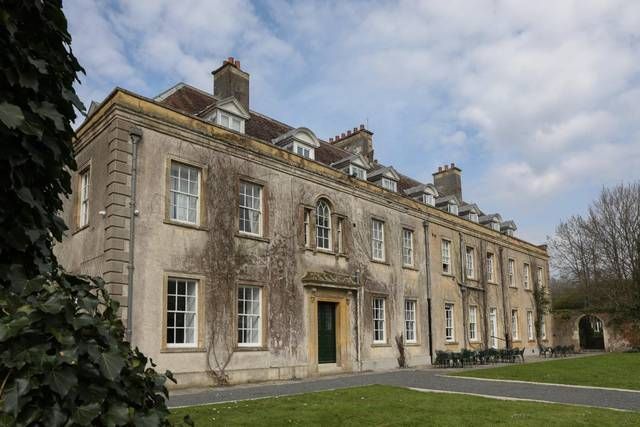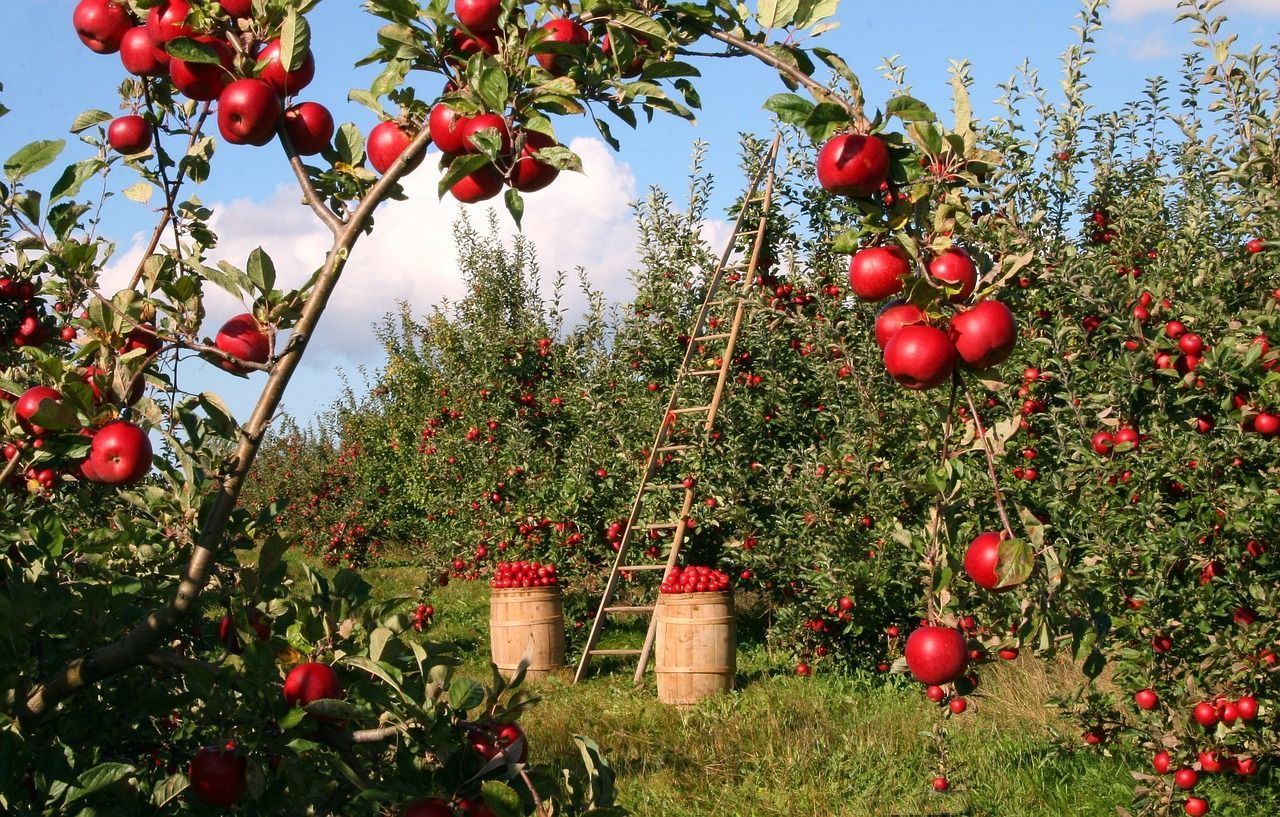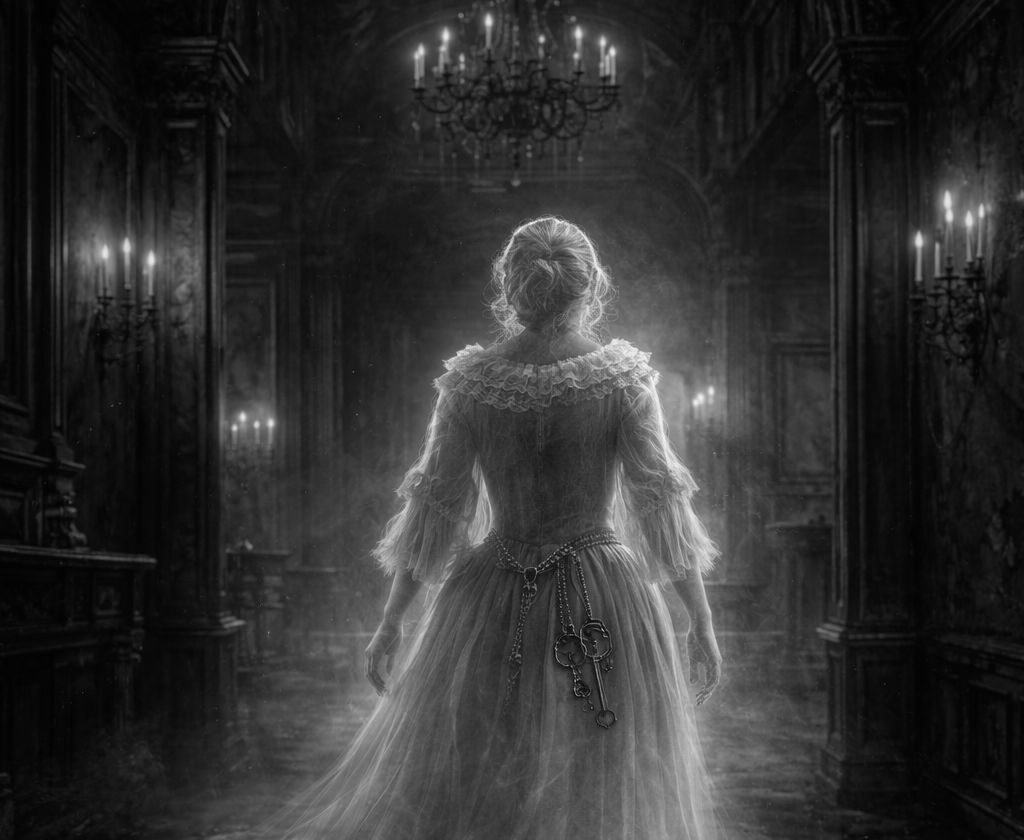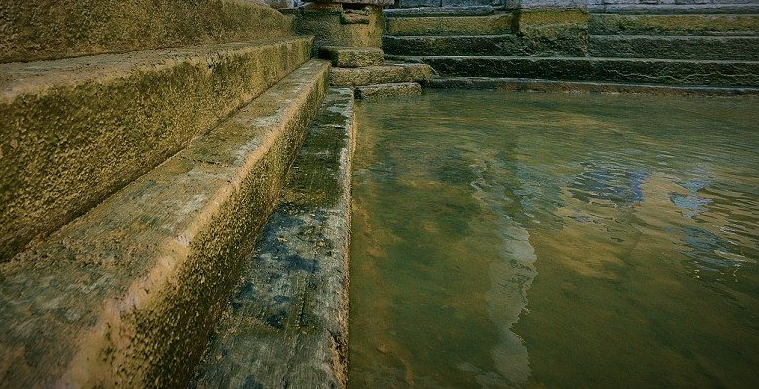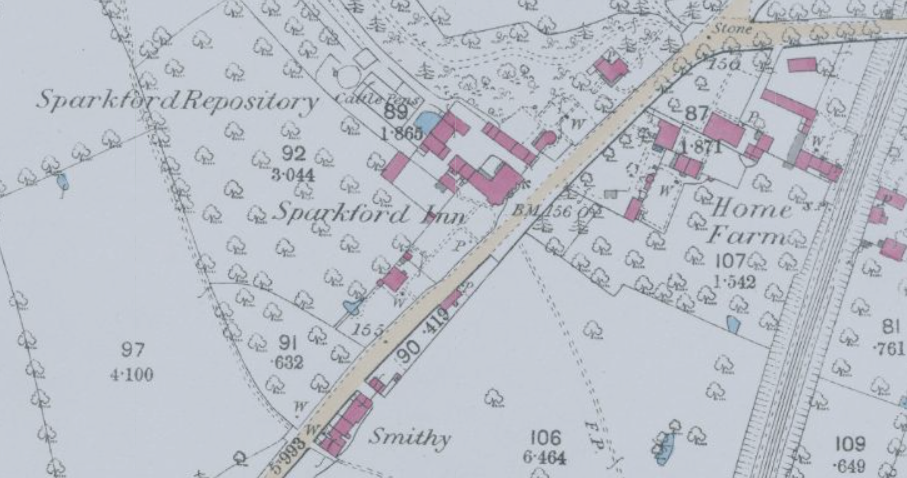Haunted Houses of Bath - The Victorian Villa
Haunted Houses of Bath
A Victorian Villa with a Lady in Blue
There is a beautiful Victorian Villa which stands within extensive grounds in an area close to the city centre
Built possibly c1840, it appears for the first time on the 1844 map of Bath
(House name and address withheld for privacy reasons)
During the 1930s & 1940's it gained the reputation of being haunted.
The ghost of a lady was seen most frequently, wearing a blue dress and a bonnet, she had curly hair underneath her bonnet and she had a long nose and thin cheeks/ high cheekbones..
Whenever she did appear is was just fleetingly and to the observer she looked like she was bending down or dragging something which the witness could not see across the floor.
People in the house would also suddenly experience an extreme chill within the house, even when it was very hot weather outside.
This was said to be associated with the spirit of an old man, who was never actually seen, so not sure how it was pinpointed as an old man?
The sounds of scratching outside bedroom doors was another phenomenon. as if something was trying to get into the room, although nothing ever made it into the rooms..
Research - On looking at the Bath Historical Directories, there is a lady who lived there called Louisa, in c1870, maybe its her? and a man lived there from 1875.
It would be interesting to know if this house still has activity...?
Source- Haunted Bath - David Brandon.
Photo Credit - Lily Absinthe / Pinterest
Map - of the area where the house is 1888
#hauntedbath #bathghoststories #halloweenghoststories #paranormal #bath #cityofbath #ghoststories #supernatural #ghosts #haunted #hauntedhouses #victorianghosts
